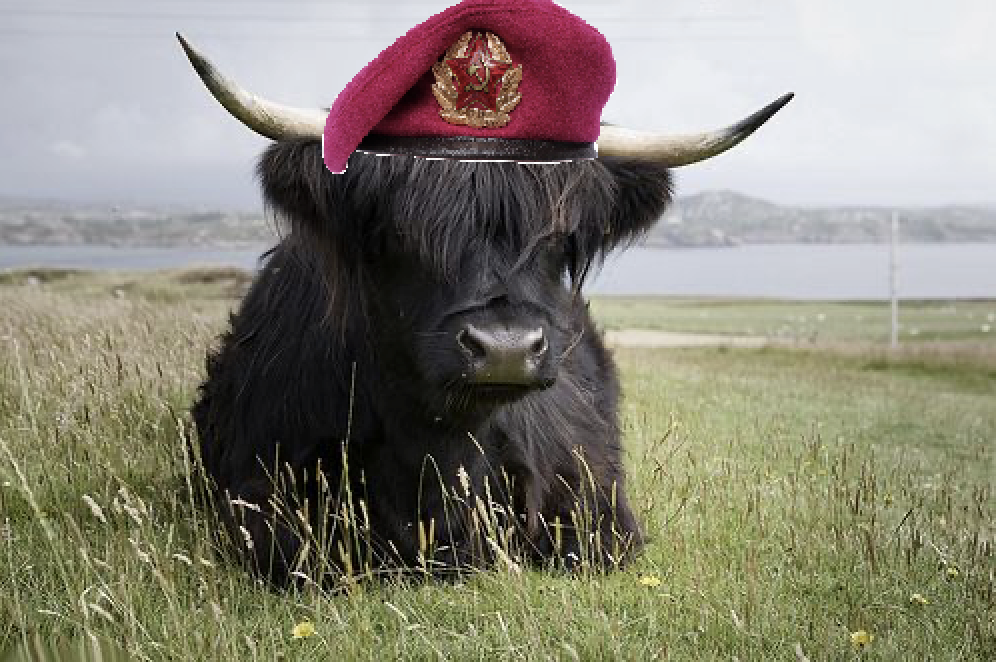“We are going to sign the Silk Road. Both Latin America and Colombia are free, sovereign, independent. And the relations we establish with any people in the world, north, east, west or south, must be under conditions of freedom and equality”, declared the Colombian president from Beijing.
The Colombian head of state, who is visiting Beijing to participate in the IV Ministerial Meeting of the China-Community of Latin American and Caribbean States (CELAC) Forum, said that his vision for the country includes “the development of state-of-the-art technological infrastructure that connects Colombia, through submarine fiber optics, with Asia and Europe”.
As part of this initiative, Petro proposed that territories historically excluded from the South American nation, such as San Andrés, Buenaventura and Zipaquirá, could become nodes of technological production and global digital services, facilitating access for young people to jobs linked to Artificial Intelligence.
The Colombian president also insisted on the need for integration between Colombia and neighboring countries such as Venezuela, Panama and Ecuador through technological infrastructure such as fiber optics, and through a common commitment to peace and clean production.
Colombia’s adherence to this global strategy, promoted by Chinese President Xi Jinping since 2013, represents a significant shift in its foreign policy at a key moment in the reconfiguration of the global economic order and seeks to strengthen economic and infrastructure connections between Asia, Europe, Africa and Latin America.
The Silk Road has already involved more than 150 countries and generated investments in excess of one trillion dollars, focused on infrastructure such as roads, railroads, ports, airports, pipelines, power grids and telecommunications.
Petro will remain in China until Saturday, May 17 and during his stay in the Asian giant, he will hold a bilateral meeting with his Chinese counterpart Xi Jinping. He will also participate in the summit between China and the Community of Latin American and Caribbean States (Celac), a regional bloc whose pro tempore presidency is currently held by Colombia.
“In the last session of Celac I was elected president, and I develop its agenda that begins with a Celac-China summit; then Celac-Europe will follow. We have asked the U.S. government to hold a Celac-U.S. summit as well. Its objective, due to its geographic position, is to be the heart of the social, political and economic world”, Petro explained.
This Monday, the president will hold meetings with finance ministers and ambassadors of both countries in Beijing, as well as a working table with the Colombian diplomatic delegation in China.


